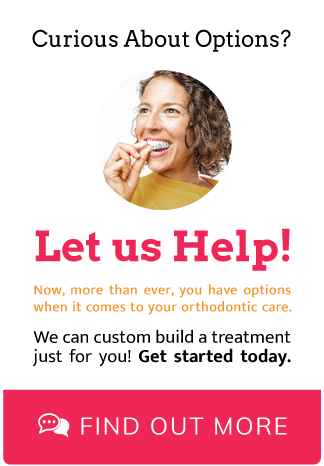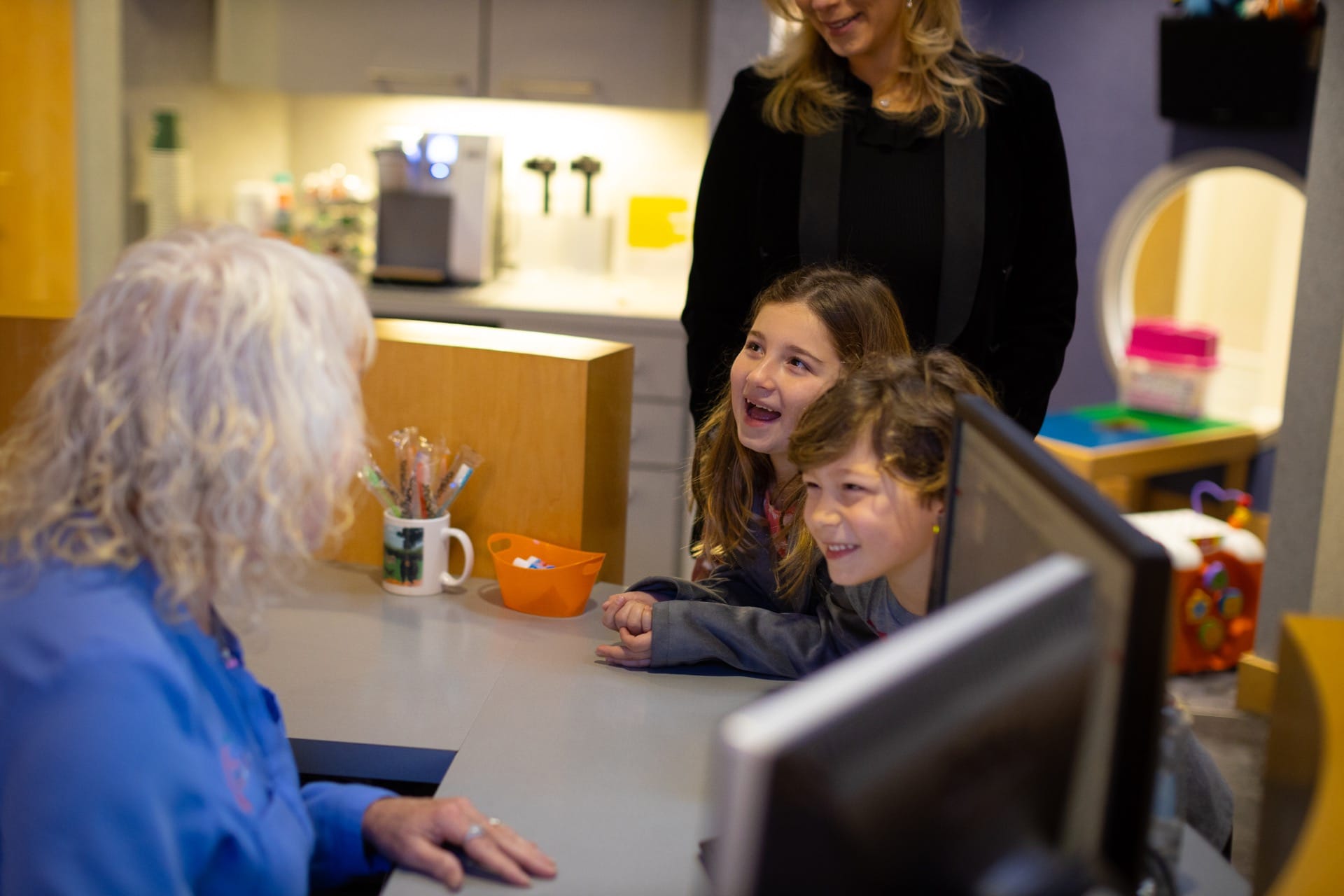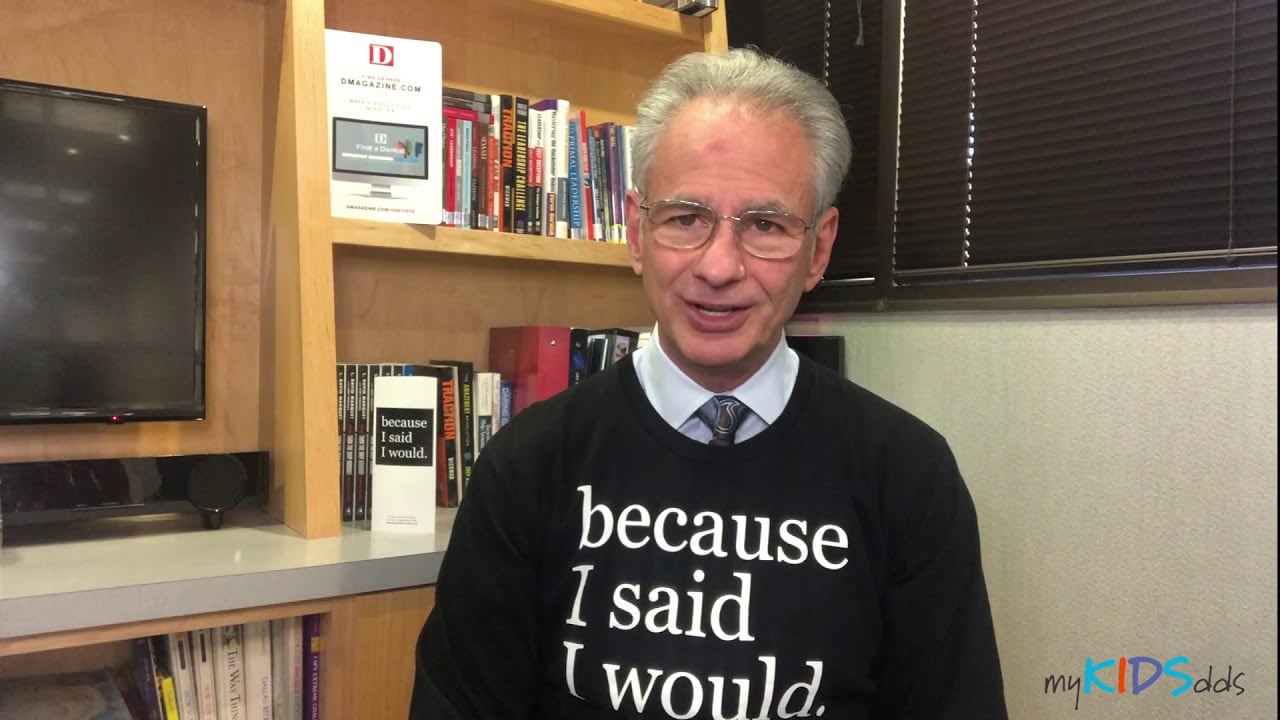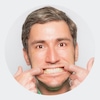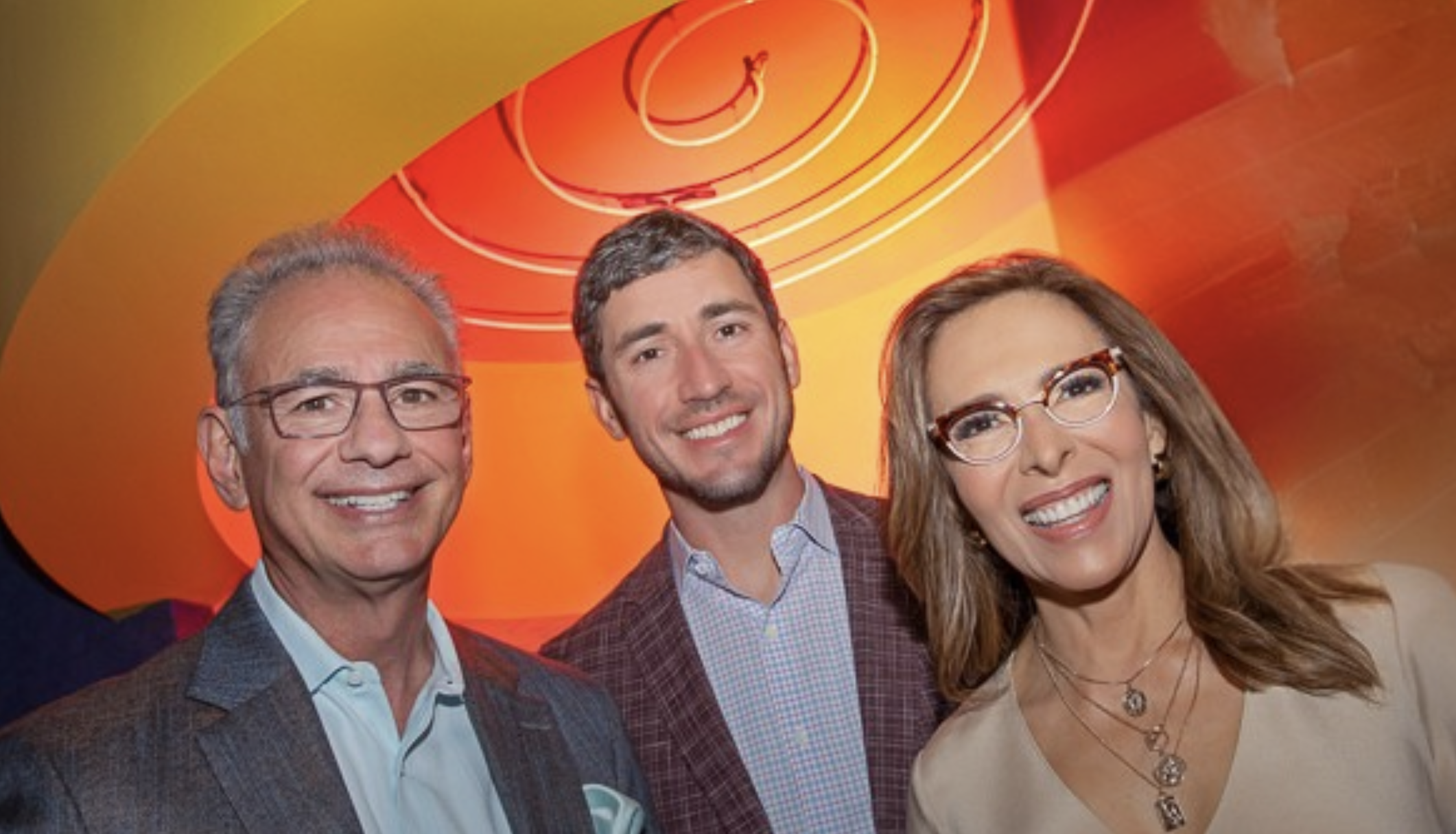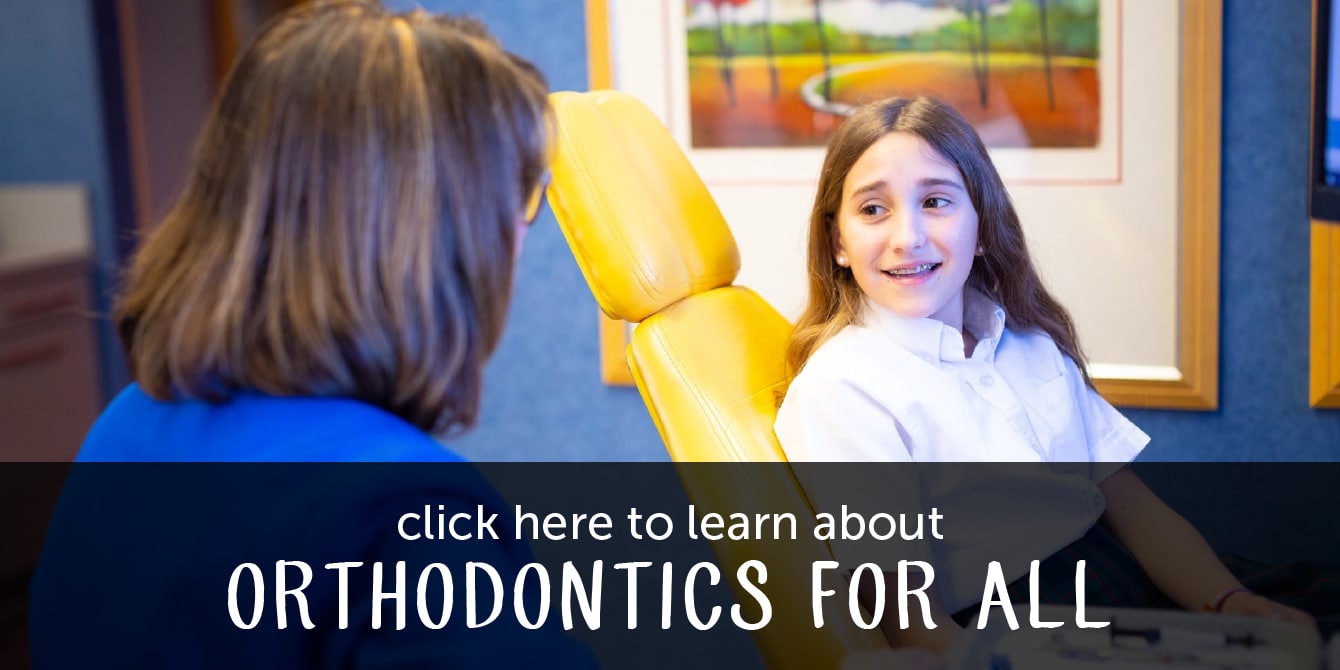“Children develop confidence not because family and friends praise them, but because of their own accomplishments. They become more self-assured as they learn and complete new tasks and goals.” – The Child Mind Institute
Because I Said I Would is a non-profit and movement dedicated to motivating individuals (children and adults alike) to making and keeping promises. The promise can be anything and can be made to oneself or another individual. These promises can be a variety of things big or small, examples include: “I promise I’ll sleep in my own bed” or “I’ll be less critical of myself and others.” No matter the promise, writing it down and sharing it with others is proven to encourage the individual not to break the promise. Learn more about Because I Said I Would →
What The “Because I Said I Would” Movement Means To Us
To take this a step further we believe discussion and accountability are huge factors in assuring completion of set goals and that is exactly what “because I said I would.” offers to those who participate. Dr. Kogut and our team at myKIDSdds love this movement because not only does it build confidence in those writing down their promise but also impacts those watching. This is why we charge each other, our patients and the parents in our practice to consider what making a promise and keeping it might mean to you, to your parents, friends, children and/or to complete strangers. In the following weeks we are going to be sharing ways to help generate promises, tips on ways to keep those promises, as well as, sharing promises made by our team and patients. In this video Dr. Kogut explains what “because I said I would” means to him, why he feels it is/can be so impactful for our team and patients and how it can be used to grow confidence.
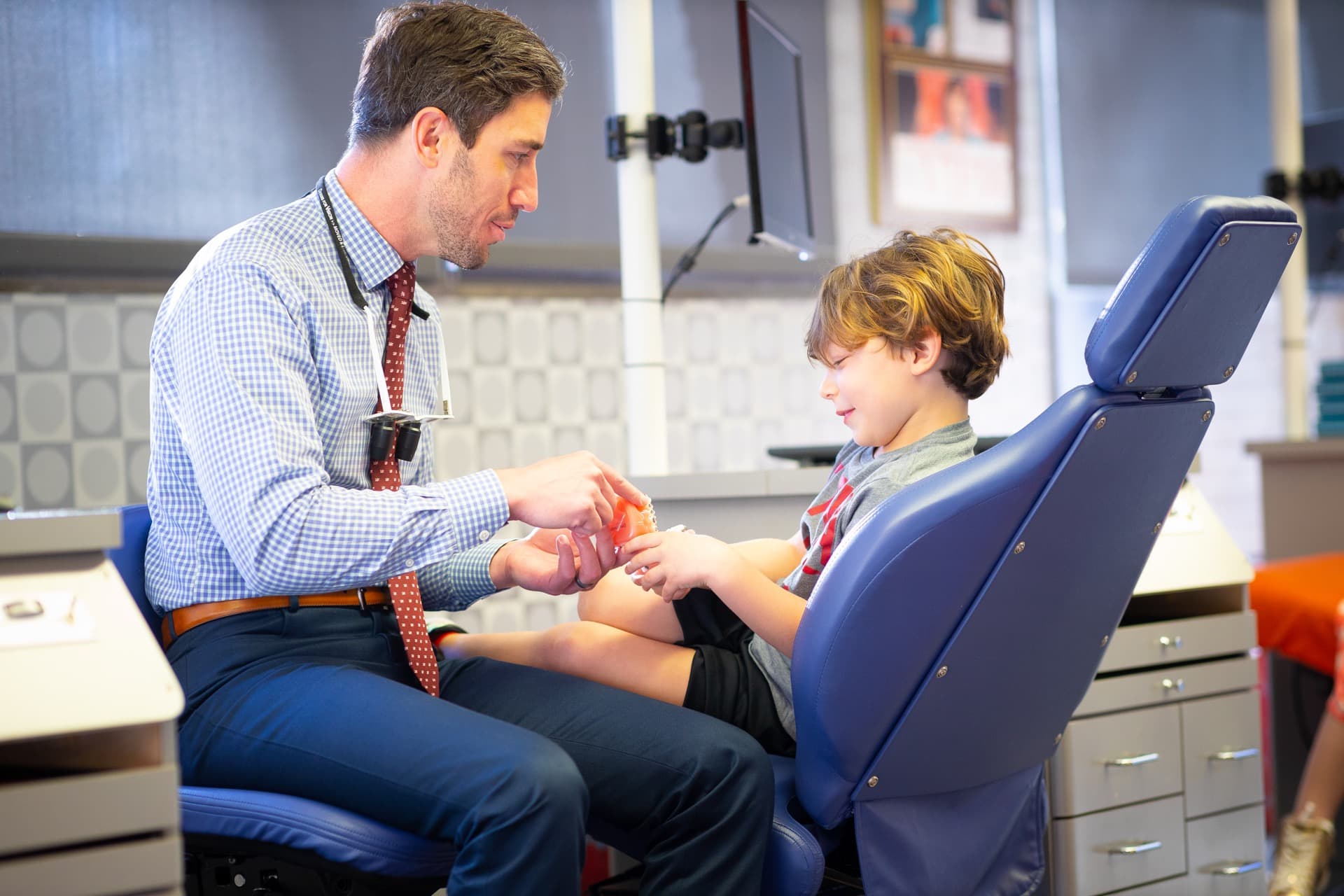
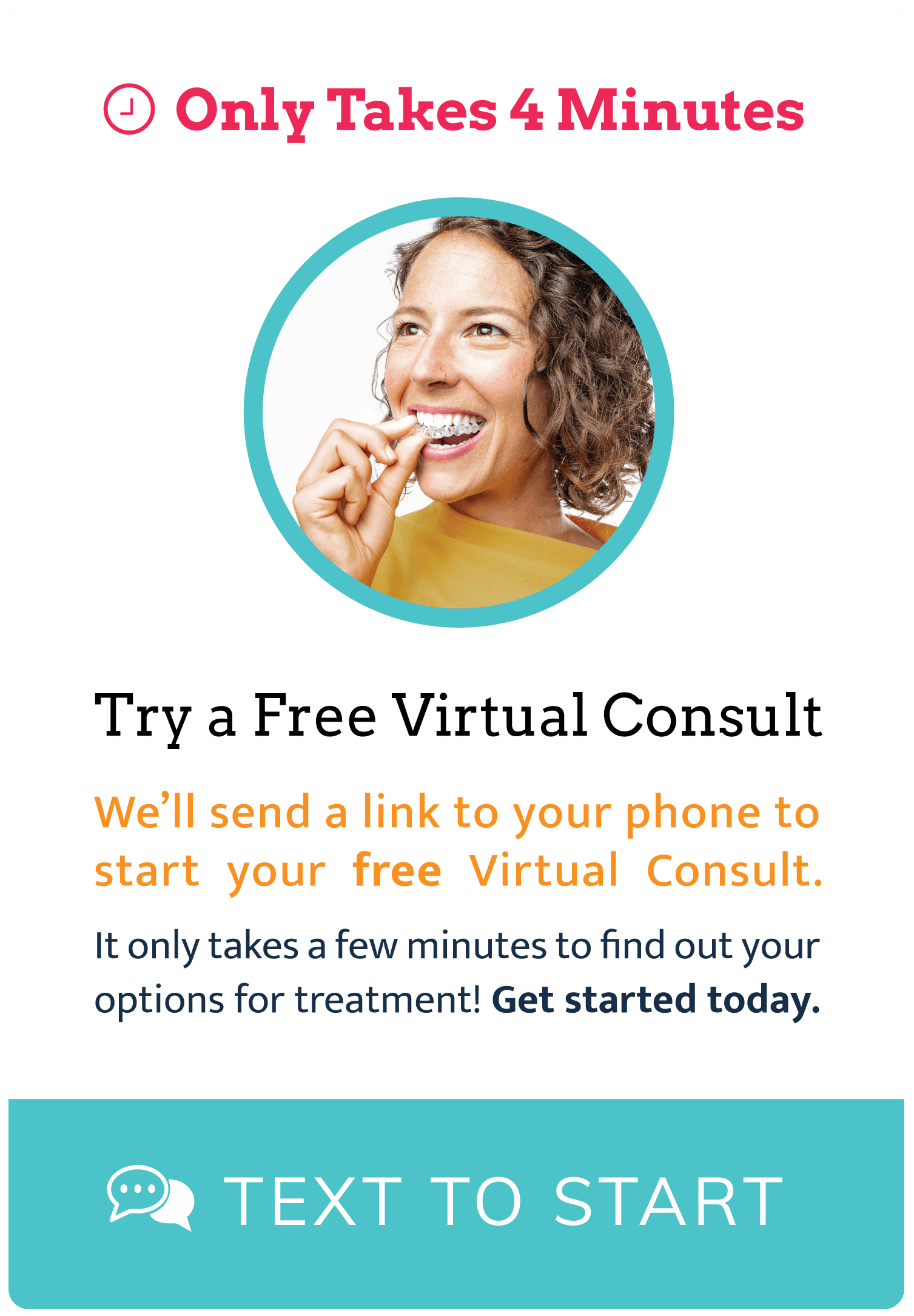
Schedule An Appointment
Another important role of the pediatric dentist is to provide patients with pertinent dental information and resources so that they may guide their children into healthy oral hygiene habits at home. Some of this information includes a caries risk assessment, helpful advice on how to avoid mouth and teeth injuries, information on thumb-sucking and pacifier habits, information on oral development, and programs of preventative home care like brushing and flossing. Children typically only visit the dentist twice a year, so making sure they have the tools to continue the care at home is very important. Educating and empowering children to take control of their own nutrition and dental health will yield more permanent solutions than simply treating their problems.

